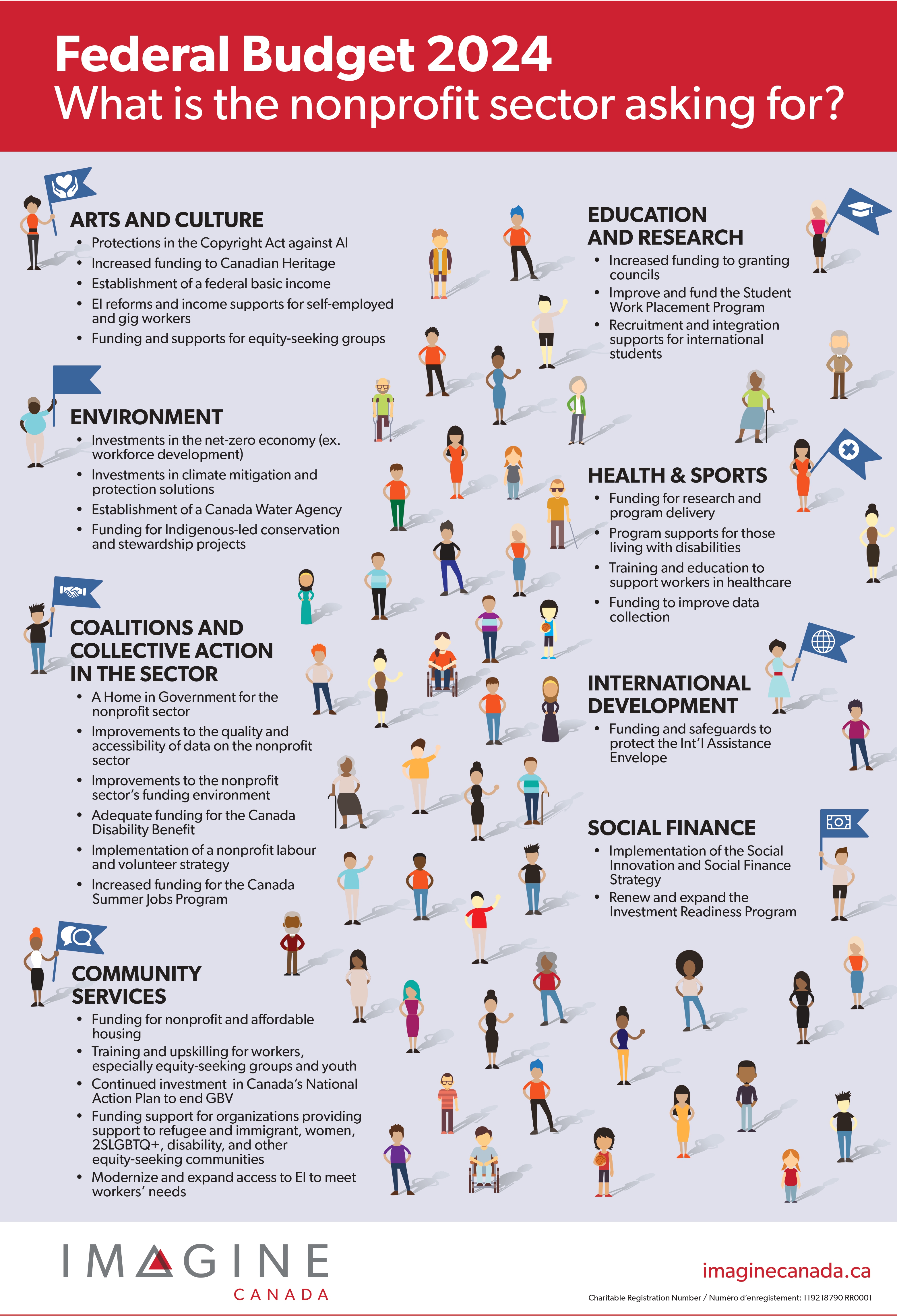Yes, and yes. But times change, the country's productivity has collapsed since my days in the early 1990s. The benefits that Boomers and in a lesser degree us Gen-X had, including the accessibility of often employment-unnecessary post-secondary degrees is, like much of Canada's economy and standard of living relative to other Western nations, on the decline. It's unfair, and my own adult children are inheriting a country that has been in decline and robbed by their predecessors for decades. But unless we either decrease the cost or increase the tax revenue going to non-strategic post-secondary education then we're going to have to make some tough decisions. We have a limited budget of tax revenue and are in desperate need of doctors, nurses and other STEM fields - so that's where the money needs to go.







